The Project
Players and relations in the data economy
A large number of players are involved in transactions of the data economy. The Principles take the relations between these actors as a starting point to develop concepts, such as contract rules, that could apply in the specific situations.
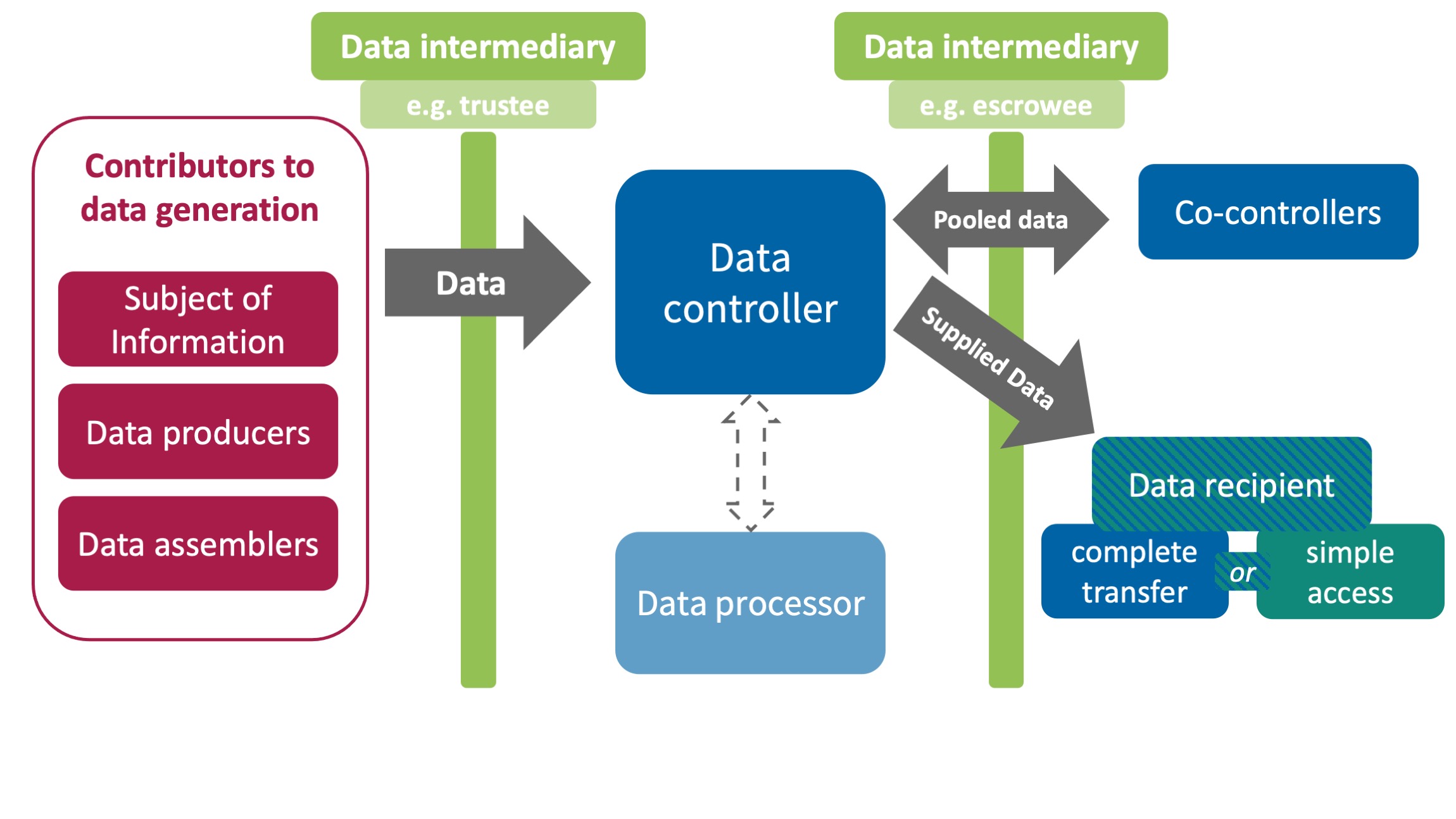
'Players and Relations in the Data Economy' © Christiane Wendehorst, graphic design by Nina Thomic
- Data Controllers are the central players in all data ecosystems. They have access to data and decide about the purposes and means of their processing.
- Processors of data, on the other hand, are service providers that processes data on a controller’s behalf.
- There is also a variety of different parties contributing in different ways to the generation of data, like the subjects of information recorded in the data or data producers (i.e. recording information that had previously not been recorded).
- Data Assemblers do not produce data, but create added value by assembling data in some meaningful ways.
- Data controllers often supply the data to third party data recipients, in particular under contractual or other data sharing arrangements. Recipients of data may become new controllers where data is fully transferred to them, or they may receive only access to the data, such as where they are permitted to process data with a mobile software agent on the supplier’s server.
- Data intermediaries like data trustees can make a significant contribution to a better management of and added value from data, and in particular give individuals more control over their personal data.
Characteristics of data
Various factors make data stand out in comparison to traditional goods and services. While this bears great potential, these factors lead to a lot of uncertainty for stakeholders in data-driven industries as well as for consumers. The Principles for a Data Economy take all of these aspects into account and propose solutions for these special characteristics of data.
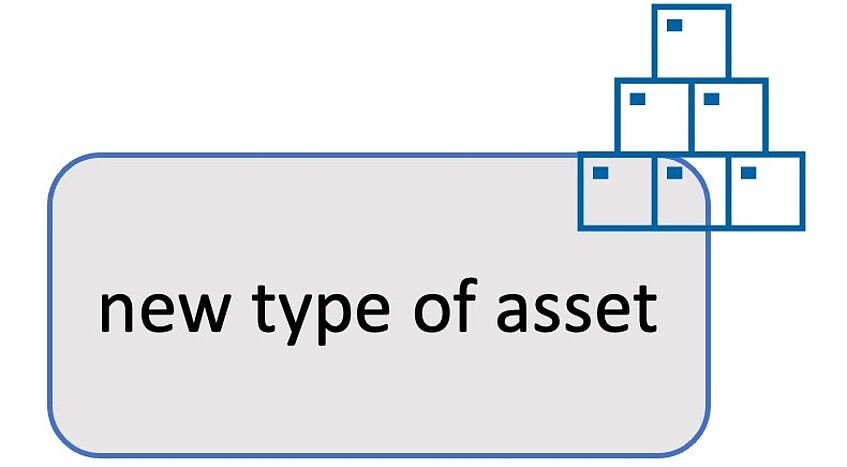
Data cannot be compared to assets that have been traded traditionally, like property, goods, or intangible assets (e.g. shares, licenses).
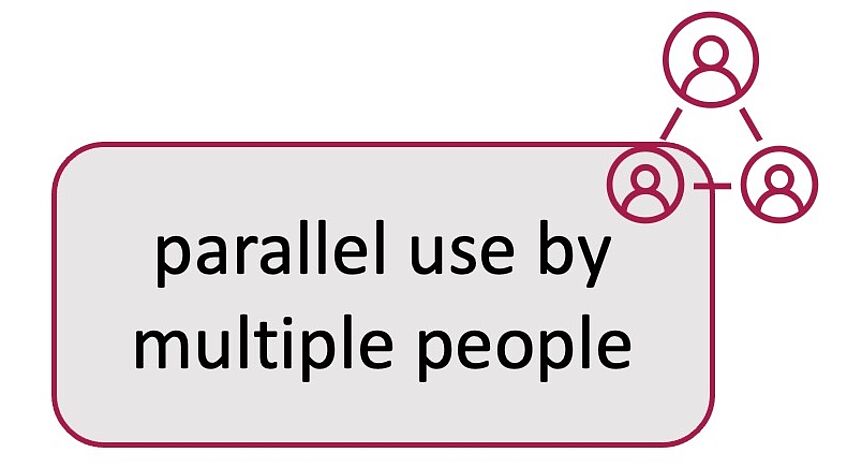
In comparison to most goods, the multiplication of data is inexpensive and it can be used by multiple people at the same time for different purposes (cf. 'non-rivalrous resource', 'non-exclusivity').
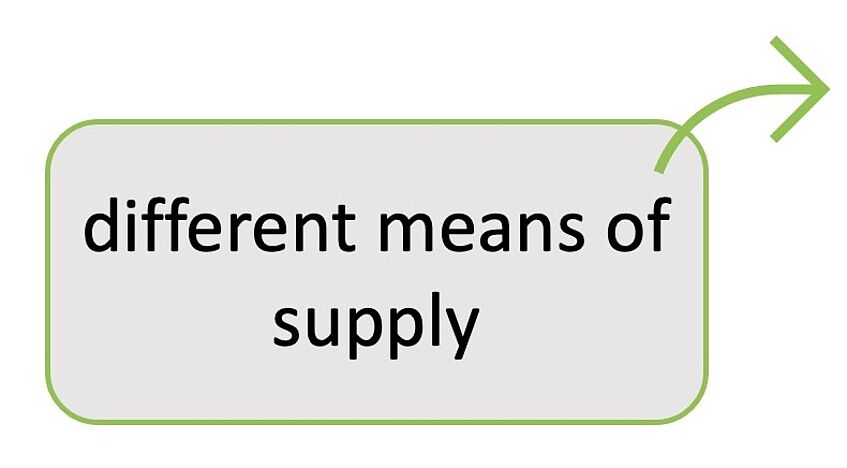
The ways data can be made available to others are different to the supply of traditional goods and services. For example, the supply of data could be limited to running certain processing activities in a secure server space.
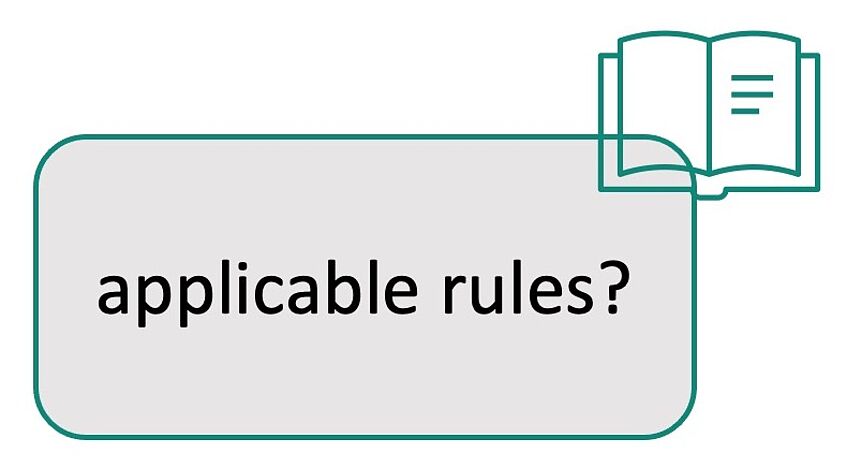
'Data is different' © Nina Thomic
Due to these factors, there is a lot of uncertainty about which rules should apply in the data economy. This makes it impossible to carry out data transactions efficiently and is likely to inhibit innovation and growth, lead to market failure and manifest unfairness, in particular for the weaker party in a commercial relationship.
